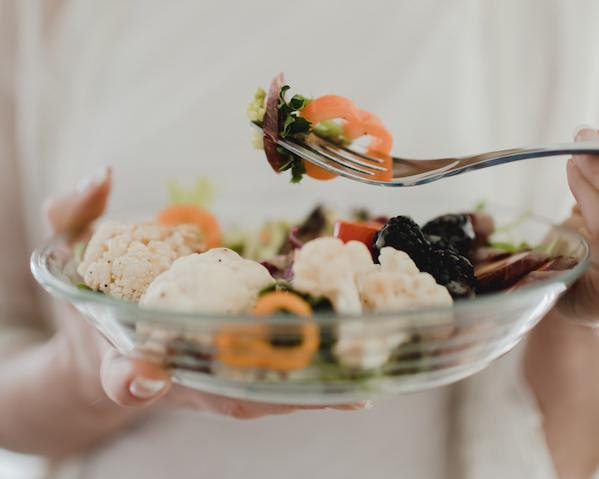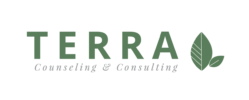What should I eat?

While the CDC is encouraging people to have access to “several weeks of medications and supplies in case you need to stay home [1],” the thought of stocking “several weeks” of food and household supplies may seem like a daunting task, especially if you are someone who isn’t used to preparing all your meals at home, lives paycheck to paycheck, or may have a lack of reliable access to transportation.
The two biggest nutritional considerations when selecting what foods to stock in your home are nutrient density (packing your food full of as many immunity supporting micronutrients as possible) and energy density (making sure that the food you purchase will provide you with enough energy). Lastly, you may want to include some foods you find just plain comforting that will help you to feel safe, grounded, and at peace during this emotionally challenging time.
Let’s Start with Energy + Macronutrients…
First and foremost, ensure that you are choosing foods to stock that contain adequate energy from protein, carbohydrates and fat. Being in an energy deficit, which occurs when you are expending more energy than you are consuming each day, makes your body more vulnerable to illness. Fat and protein are necessary for the metabolism and synthesis of the different cellular components of the immune system. Fat oxidation and protein breakdown require digestive sufficiency and a whole host of nutrient cofactors. Protein and essential fatty acids are also critical for mental health. I won’t go any further down my biochemistry rabbit hole here, but believe me when I say that keeping your body well fed with protein, carbohydrates, and fats will improve your body’s ability to fight infection, and will positively impact your mental health during stressful and challenging times.
Micronutrients
Second to eating enough is getting a healthy supply of micronutrients to support your immune system and mental health. Vitamins C, D, A, E, Zinc, Omega-3 fatty acids, and dietary flavonoids all play an extremely important role in the function of the human immune system and in mental health. Many of these nutrients are plentiful in food sources, while it may make sense to supplement others. A relatively short supplement protocol I would recommend for general immunity would be 1-2g/ day EPA+DHA from fish oil, 2,000-5,000IU/ day Vitamin D3, and 30mg/ day Zinc. There are some Vitamin D + Fish oil combo products on the market that are more cost-effective than purchasing both of these supplements separately. If you are currently taking other medications or supplements, or have a diagnosed health condition, please check with your doctor or nutritionist before implementing this protocol to support your immune system.
What about Vitamins C, A, and E?
I would recommend consuming these vitamins mainly through food sources. Below I’ve identified some of the best food sources of each:
- Vitamin C: Eat 4-5 servings per day of the following: citrus fruits, cruciferous vegetables (cabbage, green leafies, cauliflower, broccoli).
- Vitamin A: cold-water oily fish (mackerel, sardines, salmon), beef liver, orange and yellow colored fruits and vegetables including sweet potatoes, carrots and papaya, broccoli, and the darkest green, leafy vegetables.
- Vitamin E: whole grains, nuts, and seeds
Functional Foods
Consider these foods as an added bonus if you can afford/ have access to them during this time. Foods like garlic, ginger, turmeric, elderberry and culinary herbs (oregano, rosemary, thyme,) have long been used for their immune-boosting, anti-inflammatory/ anti-viral/ anti-microbial properties, however, there is no clinical evidence at this time about their ability to prevent and reduce the severity of the COVID-19 virus.
[1] https://www.cdc.gov/coronavirus/2019-ncov/community/home/checklist-household-ready.html
Click the button below to access my “Long Lasting” Grocery Guide. This list can be reused in the future for snowstorms, or any other instance where you may need to stock your pantry for a prolonged period of time!
If you are interested in scheduling a one-on-one session with me this week via Telehealth, you can do so by clicking the button below. Areas that we can address include:
- How to support your immune system through food, supplements, hydration, movement, and mindset
- Shopping for foods that will meet your energy and nutrient needs that have a long shelf life
- Mindfulness and movement to decrease stress and anxiety
- Creating self-care routines when working from home OR amidst a chaotic and stressful work environment (healthcare workers- looking at you!)
